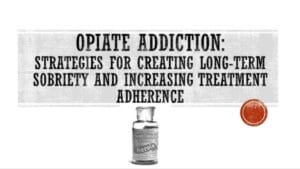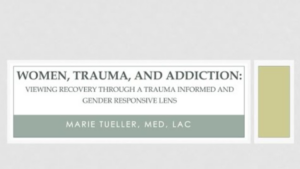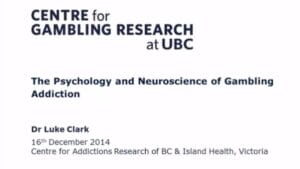Opiate Addiction: Strategies for Creating Long-Term Sobriety

This webinar offers an in-depth look at the unique challenges individuals with an opiate addiction face in achieving and maintaining sobriety. It will explore the physical, emotional, and social barriers that complicate recovery, such as stigma, relapse risks, and limited…


